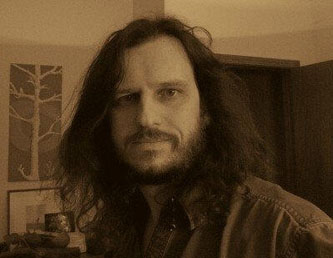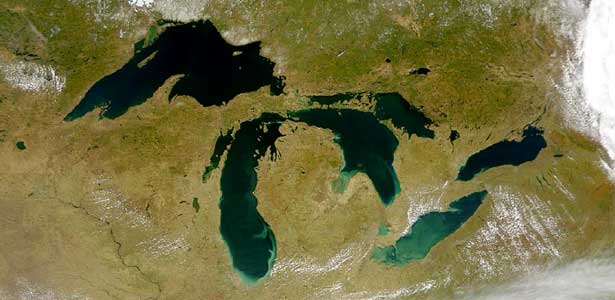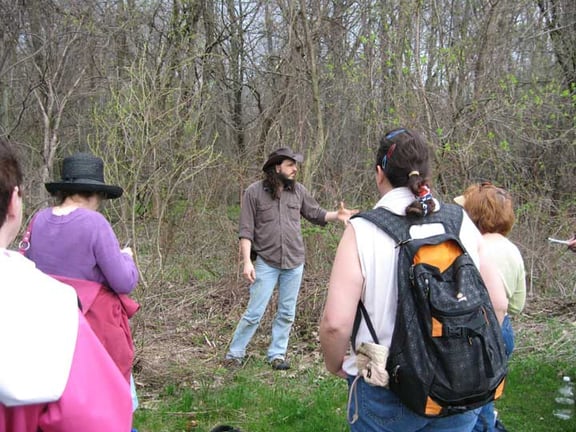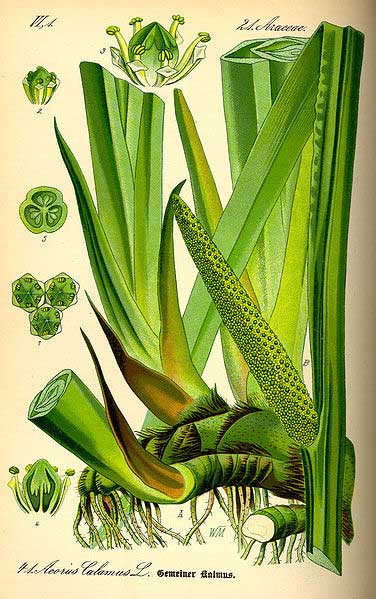jim mcdonald is an herbalist in southeast Michigan (that cool state that looks like a mitten you can see from space) where he teaches, sees clients, wildharvests, and concocts herbal formulas. His approach to herbalism is a blend of traditional folk and indigenous influences mixed up with a bit of 19th century eclectic and physiomedical vitalism, which he tries to blend with a bit of humor and discretionary irreverence so as not to appear to be too serious about life! Jim hosts the website www.herbcraft.org which lists his offerings and conveys his thoughts of plants and herbalism (and if you’ve ever wondered, the lack of capitalization is an homage to e.e. cummings).
We can't wait to have jim back in the Pacific Northwest to share his quirky teaching style and deep knowledge of herbs with us at the Rootstalk Festival! Enjoy the interview...
1. What classes will you be teaching at Rootstalk this year?
The Wonders of Wayside Weeds
Common weedy plants are the foundation of most herbalists' repertories, and for good reason. We'll take a deeper look at the specific indications and the surprising and overlooked uses of some of our most beloved medicinal plants. Jim will focus on a few plants, discussing them in greater detail during this entertaining walk.
Topical Potions and Poultî
The external use of herbs is an important and foundational aspect of traditional herbalism. These formulations are too seldom left forgotten and their worth left unexplored. Join Michigan herbalist jim mcdonald for a hands on exploration of some underused oils, improvised eyewashes, and other tempting topicals.
2. What is one of the most powerful moments you have experienced in the wild or through your work?
The people I’ve worked with, either through teaching or consults… seeing the restoration of their connection to nature embodied by their faith in medicines made from plants.
3. What is your primary environmental concern?
A disconnect between the idea of “nature” and “the environment” and the land upon which a person walks, whether that’s wilderness, country, suburb or city. I think we need to focus the work we do in support of the environment in the habitats we live in.
4. What can people do to help combat this in their community?
Teach – teach people to learn and be in relationship with the land they live on; to feel more connected to and a part of it. To pick herbs where they live, and to plant them. To view the whole of their life as creating habitat in which nature can grow and thrive.
5. Are there any projects that you are working on and would like to share?
I’m in the process of expanding my classes, with the end goal of having a more comprehensive herb school. Also, (still) working on two books: a great lakes herbal (discussing plants common the the great lakes bioregion) and foundational herbcraft (discussing the core actions and energetics of western herbalism).
6. What do you hope to experience at Rootstalk this first year?
Oh, so much… spending time with the like minded, making new friends and seeing old, both botanical and animal.
7. What is your favorite plant and why?
Favorite plant? Is that a question like “which is your favorite child?” I’m just not good at answering questions like that… maybe the one I’m currently looking at, or making medicine from, or brewing, or steeping or smoking or otherwise focused on in a moment. A very important plant in my life has been calamus, which I credit for leading me to becoming an herbalist.
For more information about jim mcdonald at Rootstalk, visit:














